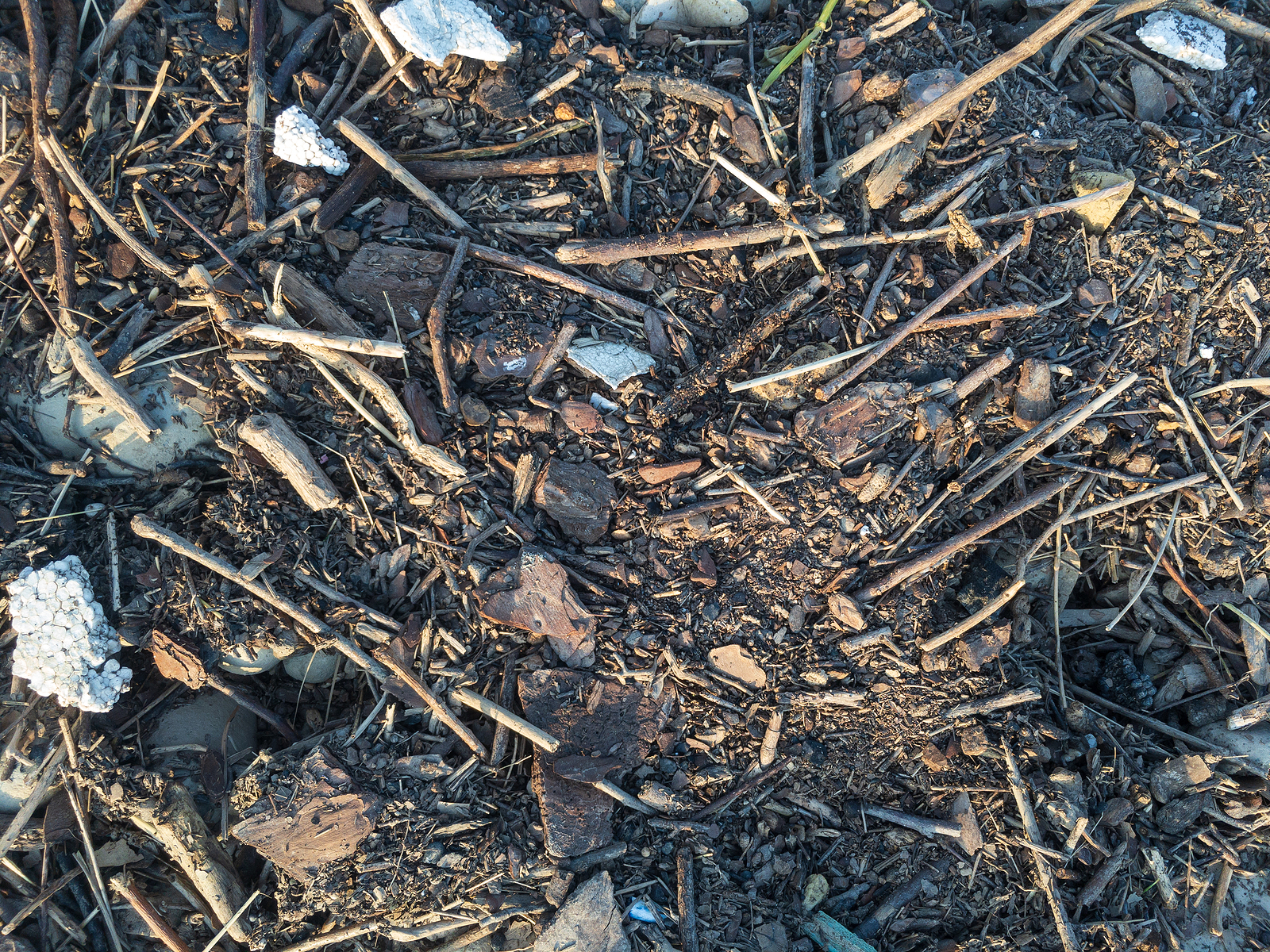The practice of water companies discharging raw sewage into UK waterways has been widely reported in the media. It was intended to be a last resort measure deployed only a few times a year, during episodes of intense rainfall. However, a BBC investigation has found that hundreds of illegal spills have been occurring on days with no rain.
These so-called ‘dry spills’ are illegal because of the high level of pollution they create in rivers and the sea. The release of sewage that has not been treated at a wastewater plant is only permitted when it has been diluted by rainwater and the sewerage system is in danger of being overwhelmed.
However, the BBC investigation found that Thames, Wessex, and Southern Water have persistently released untreated dry sewage for a total of 3,500 hours during 2022 in 388 separate incidents. This can promote the growth of toxic algae that is dangerous to swimmers and potentially fatal to animals.
The number of illegal spills may be even higher, because Thames Water only monitors 62% of its overflow points. The BBC contacted the six other water companies in England, but they were unable to provide data because they said that they were already under investigation by the Environment Agency (EA) and the industry regulator Ofwat.
Water companies blame the increasing amount of raw sewage released into waterways on climate change causing more frequent and intense rainfall, population growth, and an outdated sewage system. Thames Water have recently invested £3.8bn in a new ‘super sewer’ in London known as the Thames Tideway, due to be completed in 2025.
The EA is tasked with investigating and issuing fines in cases where English water companies are in breach of regulations, but the BBC found that the EA’s records recorded two thirds fewer cases than expected.
When questioned on the reasons for this, the EA’s chief executive, John Leyland, told the BBC that it was due to budget and staffing cuts: “The funding for the Environment Agency is a matter of public record… and we’ve seen a steady decline in some of our funds and so we’ve had to change.”
He added: “We’ve been focusing on digital monitoring, but earlier this year we announced a programme of increased investments in real people on your riverbank. We are committed to increasing our regulatory presence to hold the water companies to account.”
One pollution concern regarding the River Lavant in West Sussex was raised by a member of the public who noticed miles of discoloured water and white froth. The reports correlated with two incidents of dry spills.
The area in question is under the management of Southern Water. John Penicud, head of wastewater operations at Southern Water, told the BBC that “so-called ‘dry spills’ are a complex issue and discharges in dry weather can be caused by groundwater entering pipes.
The EA said that Southern Water had been issued with a warning and would face further action if more breaches were found to occur.
If you are looking for belt cleaners, please visit our website today.





